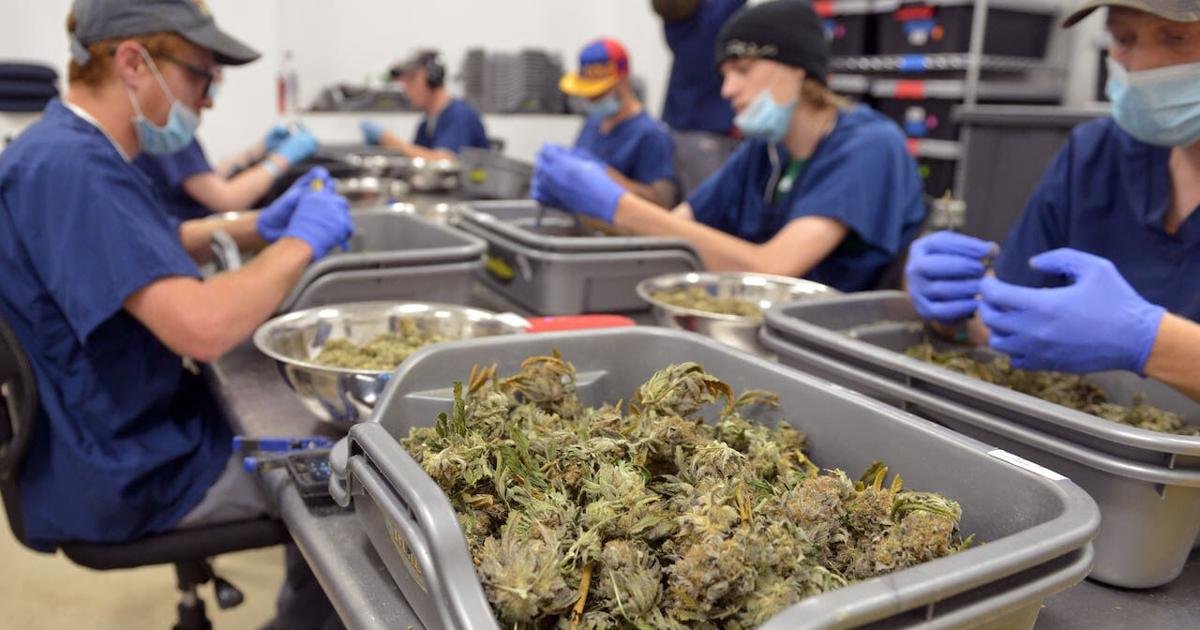Australian researchers have developed an innovative method to enhance the effects of cannabidiol (CBD), a compound often used to treat neurological conditions like epilepsy and multiple sclerosis. This new approach involves creating a phospholipid complex that increases CBD’s water solubility and absorption, allowing patients to experience more consistent benefits from smaller doses.
The formulation not only dissolves better but also absorbs faster and remains stable under various conditions. This advancement is seen as a significant breakthrough for the future of CBD-based treatments and could revolutionize how these products are used in medicine.
Researchers at the University of South Australia focused on improving the effectiveness of CBD for treating neurodegenerative disorders. CBD is a non-psychoactive compound derived from the cannabis plant, known for its pain-relieving, anti-inflammatory, and neuroprotective properties. However, its medical use has been limited due to poor water solubility and low absorption rates when taken orally.
To tackle these challenges, the UniSA team created a phospholipid complex, a type of fat molecule containing phosphorus. This innovation boosts CBD’s water solubility by up to six times and significantly enhances its absorption in the digestive tract.
According to lead researcher Professor Sanjay Garg, this advancement could enable patients to achieve better therapeutic outcomes with lower doses of CBD. These findings were published in the International Journal of Molecular Sciences. Currently, only a small fraction of orally ingested CBD reaches the bloodstream, which limits its therapeutic effects.
Professor Garg noted that several formulations, including synthetic CBD and self-emulsifying delivery systems, have been explored in the past. However, these methods have only resulted in minor improvements in bioavailability.
The research team identified the best phospholipid composition to create nanosized CBD-PLC particles. Their studies showed that compared to pure CBD, the phospholipid complex improved dissolution rates from 0% to 67.1% within three hours, indicating a substantial enhancement in drug release.
In tests measuring cellular uptake, CBD-PLC demonstrated 32.7% higher permeability than unmodified CBD, ensuring better absorption through the intestinal wall. Another advantage of this new delivery system is its stability; traditional CBD formulations often degrade when exposed to heat, light, or oxygen, which reduces their potency and shelf life.
Testing over a 12-month period showed that CBD-PLC maintained its performance under various storage conditions, making it a more reliable choice for pharmaceutical applications. Thabata Muta, a UniSA PhD candidate and the study’s first author, emphasized that this discovery has significant implications for CBD-based therapeutics.
Improved bioavailability means that lower doses can achieve the same therapeutic effect, potentially reducing side effects and making treatment more cost-effective, according to Muta’s findings.
The research team believes that this innovation could be applied to enhance the absorption of other poorly water-soluble drugs as well. With the global CBD market expected to grow from USD 7.59 billion in 2023 to USD 202.45 billion by 2032, the timing of this study’s findings is critical for the industry.




